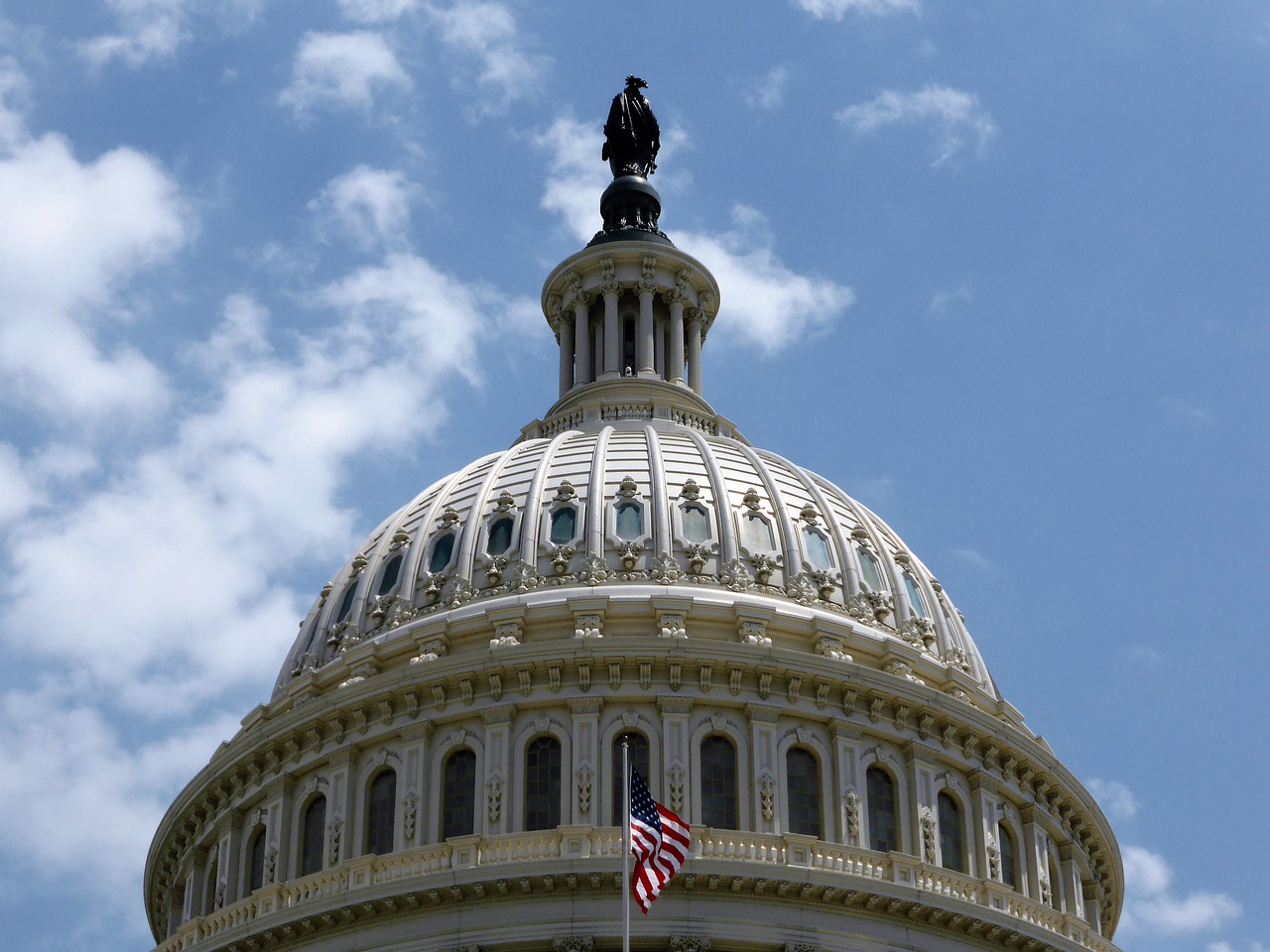The French Pacific Island Territory of New Caledonia Has Rejected Independence from France
The French Pacific island territory of New Caledonia rejected sovereign independence from France after the results of an islandwide referendum were revealed on Sunday, November 4.
Over 56% of ballots were cast to remain with France compared to a little over 43% of voters favoring independence. Turnout on the island, located in Melanesia, Pacific Oceania, was 81%.
The vote was originally guaranteed in a 1988 peace deal known as the Matignon Agreements after violence and conflict between the indigenous native peoples and the French government. The majority of pro-independence votes came from the island’s indigenous native peoples and the majority of pro-territory votes came from French European descendants and inhabitants.
Political parties that support independence include the progressive Kanak and Socialist National Liberation Front parties support independence while the conservative Rally party opposes independence. The people of New Caledonia may vote again on another independence referendum in either 2020 or 2022 if it is permitted by the government under the Nouméa Accord of 1998.
French President Emmanuel Macron of the liberal-centrist En Marche political party tweeted praise of New Caledonia’s referendum results.
Les Calédoniennes et les Calédoniens se sont exprimés pour que la Nouvelle-Calédonie reste française. Cette étape historique est une grande fierté pour la République. Un seul vaincu, la tentation de la division. Un seul vainqueur, la paix. Maintenant, tournons-nous vers l’avenir.
— Emmanuel Macron (@EmmanuelMacron) November 4, 2018
The last time a former French territory declared independence was in 1977 in the Eastern African country of Djibouti, and in 1980 in the Pacific island country of Vanuatu.
Former French territories historically included Algeria, Morocco, Tunisia, Haiti, Comoros, and most of Western Africa. Other territories that could eventually become independent from France include French Polynesia in Pacific Oceania, Mayotte in Eastern Africa, and French Guiana in South America.




